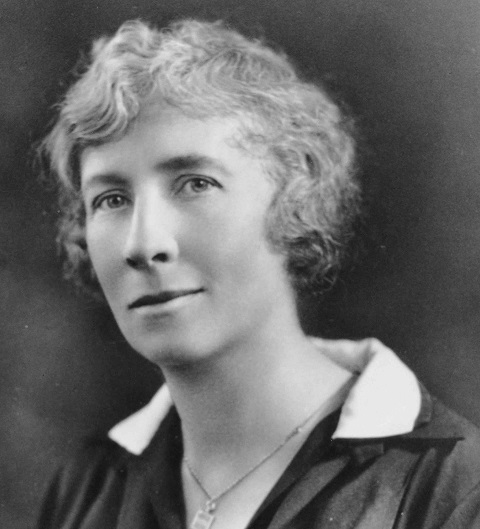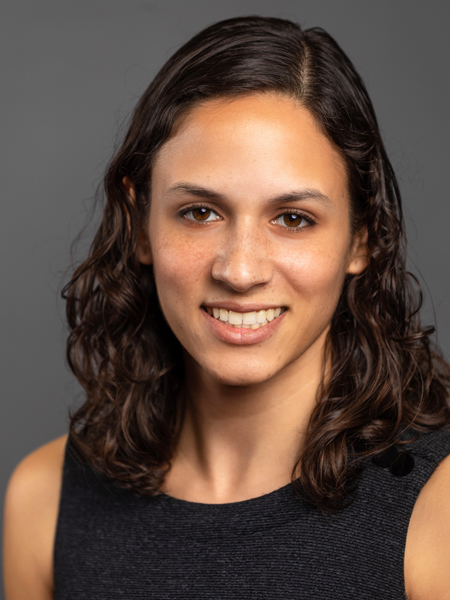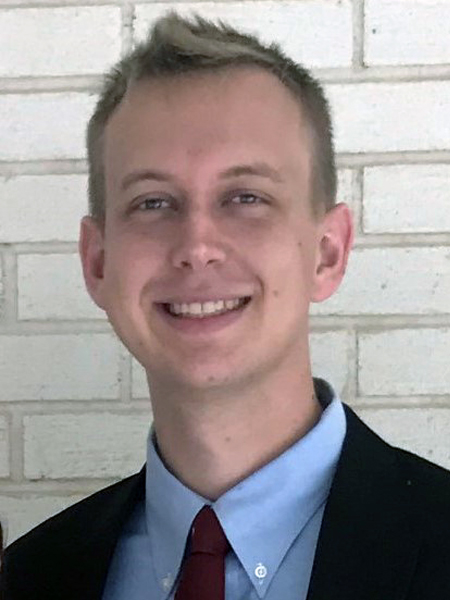2 Scholars Receive 2021-22 Lillian Gilbreth Postdoctoral Fellowships

The Gilbreth Postdoctoral Fellowships at Purdue Engineering are awarded in memory of Dr. Lillian Moller Gilbreth, Professor at Purdue from 1935 to 1948. A world-renowned pioneer in the application of psychology to industrial engineering, Dr. Gilbreth’s work epitomized interdisciplinary research and broader impact on industry and society. The goal of the Lillian Gilbreth Postdoctoral Fellowship Program at Purdue Engineering is to attract and prepare outstanding individuals with recently awarded PhDs for a career in engineering academia through interdisciplinary research, training, and professional development.
The Gilbreth Fellowships, first awarded in 2018, recognize outstanding scholarly achievements and help recipients pursue innovative, interdisciplinary research with potential for broad impact on industry and society.
Fellowship Awardees 2021-22

Ria D. Corder
Ria Corder will collaborate with co-advisors, Dr. Arezoo Ardekani, Professor of Mechanical Engineering, and Dr. Kendra Erk, Associate Professor of Materials Engineering, on research in the area of rheology of concentrated particle suspensions. She earned her PhD in Chemical Engineering at North Carolina State University. Ria’s research focus is in applying principles from rheology, fluid dynamics, and polymer science in the design of soft composite materials.
David J. Gunderman
David Gunderman will work with co-advisors Dr. Hector Gomez, Professor of Mechanical Engineering, and Dr. Craig Goergen, the Leslie A. Geddes Associate Professor of Biomedical Engineering, in the research of software framework for numerical algorithms for the high-order immersed boundary method in cardiovascular simulation. He received his PhD in Applied Mathematics from the University of Colorado – Boulder. David’s research expertise lies in computational science, high-performance computing, numerical methods for partial differential equations, and computational geometry.

Gilbreth’s Innovations
Gilbreth, a professor in Purdue’s School of Engineering from 1935 to 1948, is widely recognized for her groundbreaking work in applying psychology to industrial engineering and interdisciplinary research. She was an adviser to five U.S. presidents on committees dealing with civil defense, war production, and rehabilitation of people with disabilities.
In addition, as a mother of 12 children, Gilbreth used her professional savvy to maximize efficiency in home management. Among her inventions are shelves inside refrigerator doors and the foot-pedal trashcan. Her family’s story is told in the book and movie Cheaper by the Dozen.
Gilbreth Fellows are appointed for a two-year term, and receive an annual stipend of $70,000 and benefits. They also receive a $5,000 grant for professional development, such as attending conferences or workshops, and are mentored for their future academic careers through a variety of programs.
